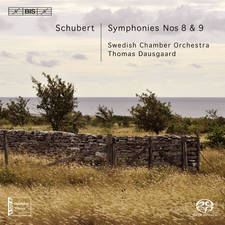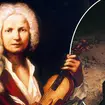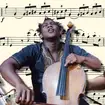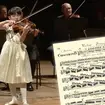Vivaldi: An Appreciation
Vivladi was the master Italian composer who created unforgettable music out of even the simplest of ideas
Didn’t Vivaldi churn music out at a fantastic pace?
He certainly didn’t hang around. His output includes vast quantities of chamber and vocal music, some 46 operas, and an astounding 500 concertos. A colourful character with an eye for the ladies, Vivaldi defied a lifetime of ill-health by regularly absenting himself from his home base of Venice in a desperate attempt to establish an international reputation. For a while he was idolised as something of a “pretty boy” virtuoso before the notoriously fickle Italian public moved on to the next teenage sensation.
What’s all this about him composing the same concerto 500 times?
That’s a little unfair. Although Vivaldi had a tendency to fall back on well-proven, stock-in-trade musical devices, it’s quite staggering the extraordinary level of invention and variety he achieved when working within such well-defined limits.
Is it true that Vivaldi almost didn’t survive?
An emergency baptism was performed following Vivaldi’s birth. It is likely that the lifelong affliction, which he himself referred to as "stretezza di pet to" (probably asthma), had made itself apparent from the start.
What’s all this about being nicknamed the “Red Priest”?
At the tender age of 15, Vivaldi was shunted off to join the priesthood. He studied for 10 years, received Holy Orders in 1703, and thereby earned the nickname “Il Prete Rosso” on account of the distinctive colour of his hair.
And he ended up teaching music at a girls’ orphanage?
For most of his life. One contemporary account describes the scene thus: “The girls are trained exclusively in music. They sing like angels, and play the violin, flute, oboe, cello, bassoon to perfection – in short, no instrument is large enough to frighten them.”
But fame was a long time coming?
Vivaldi’s art virtually died with him. Incredibly, it was not until the 1920s, when his private collection of original scores was unearthed, that his name began to be more widely circulated. The popularity of The Four Seasons dates back to the 1950s.
























